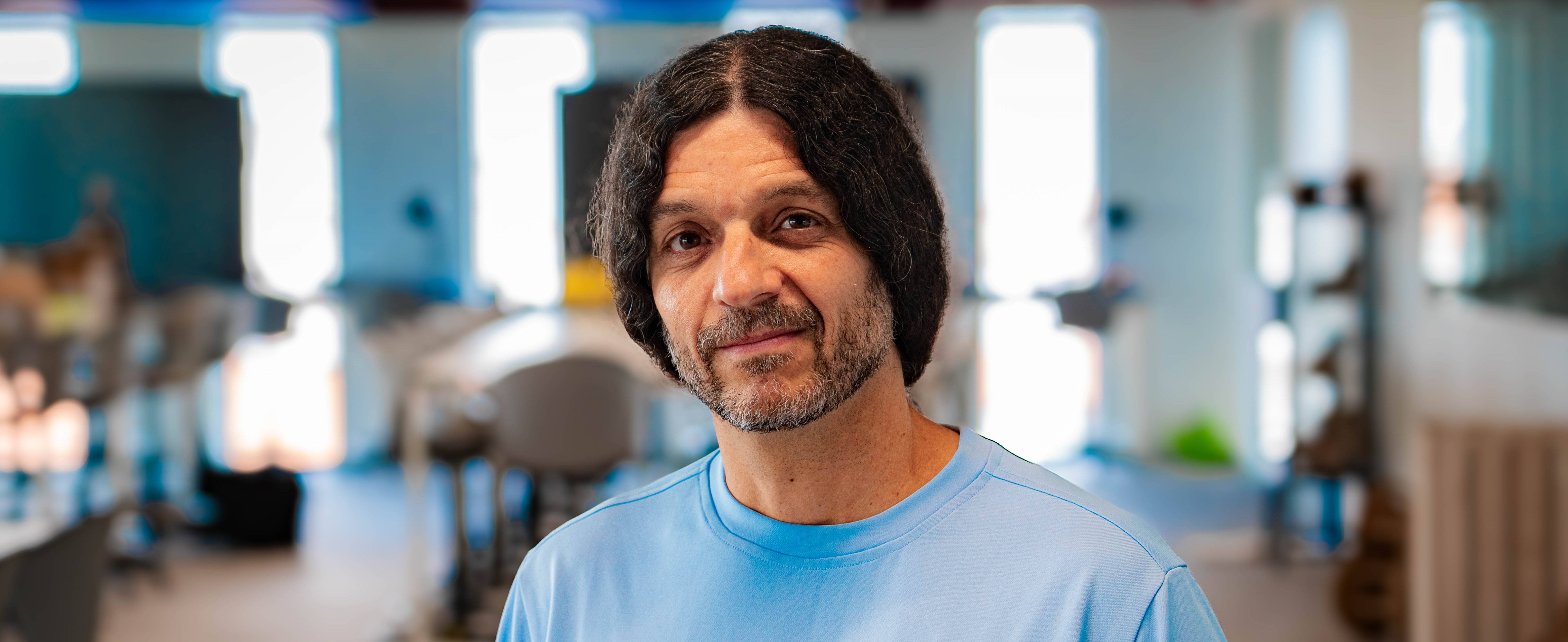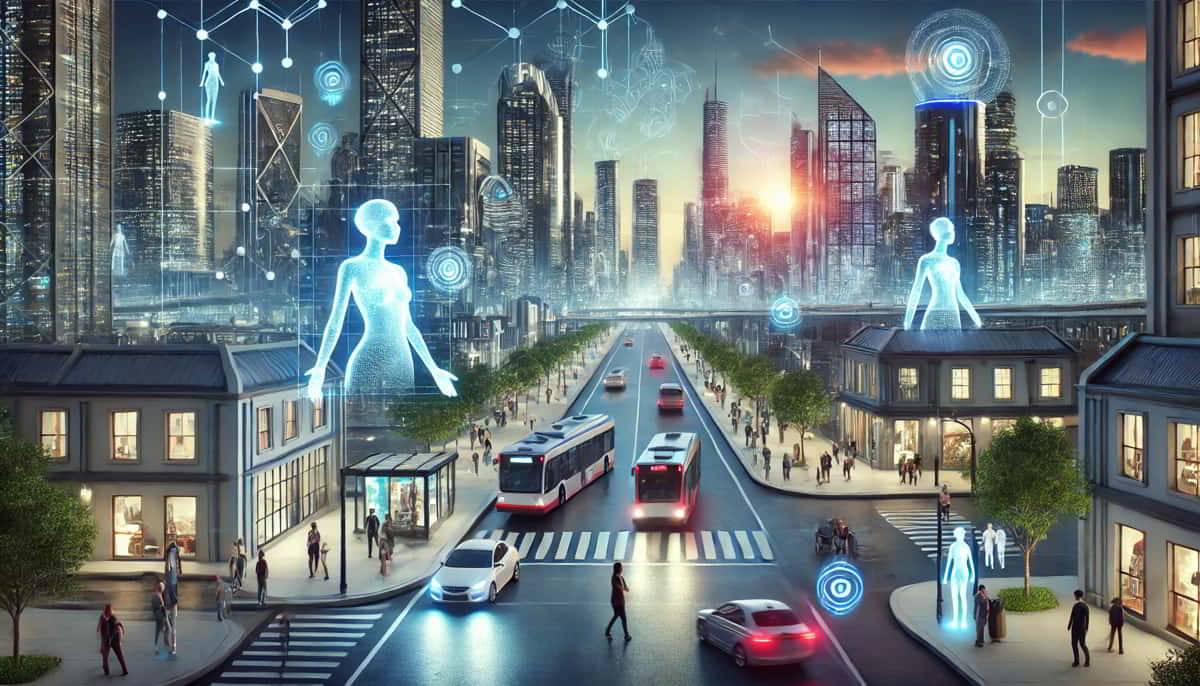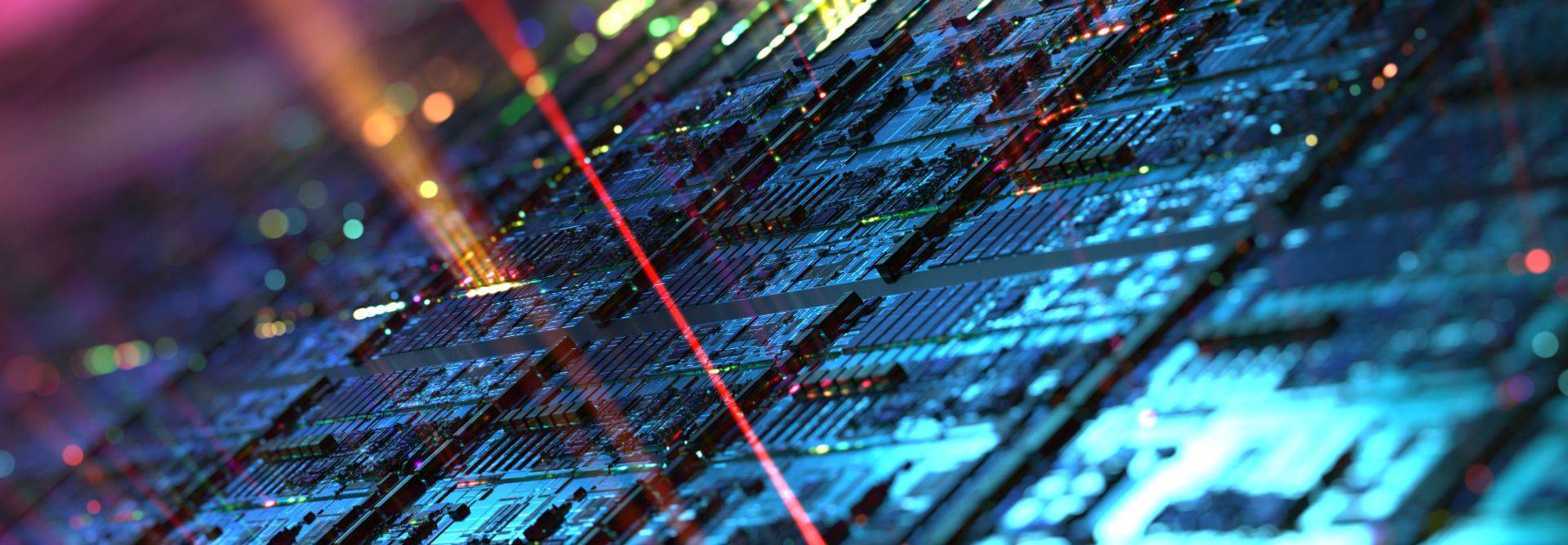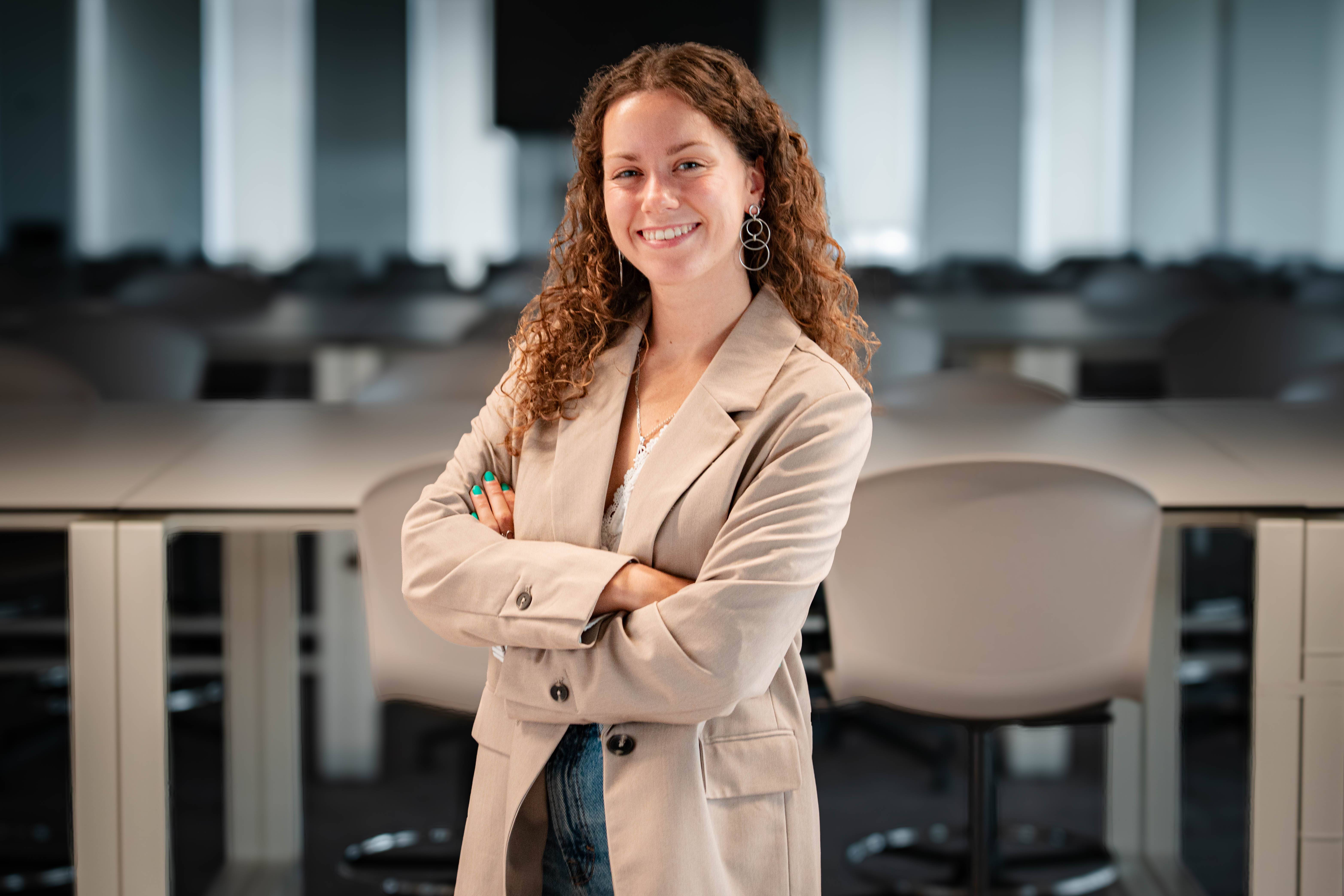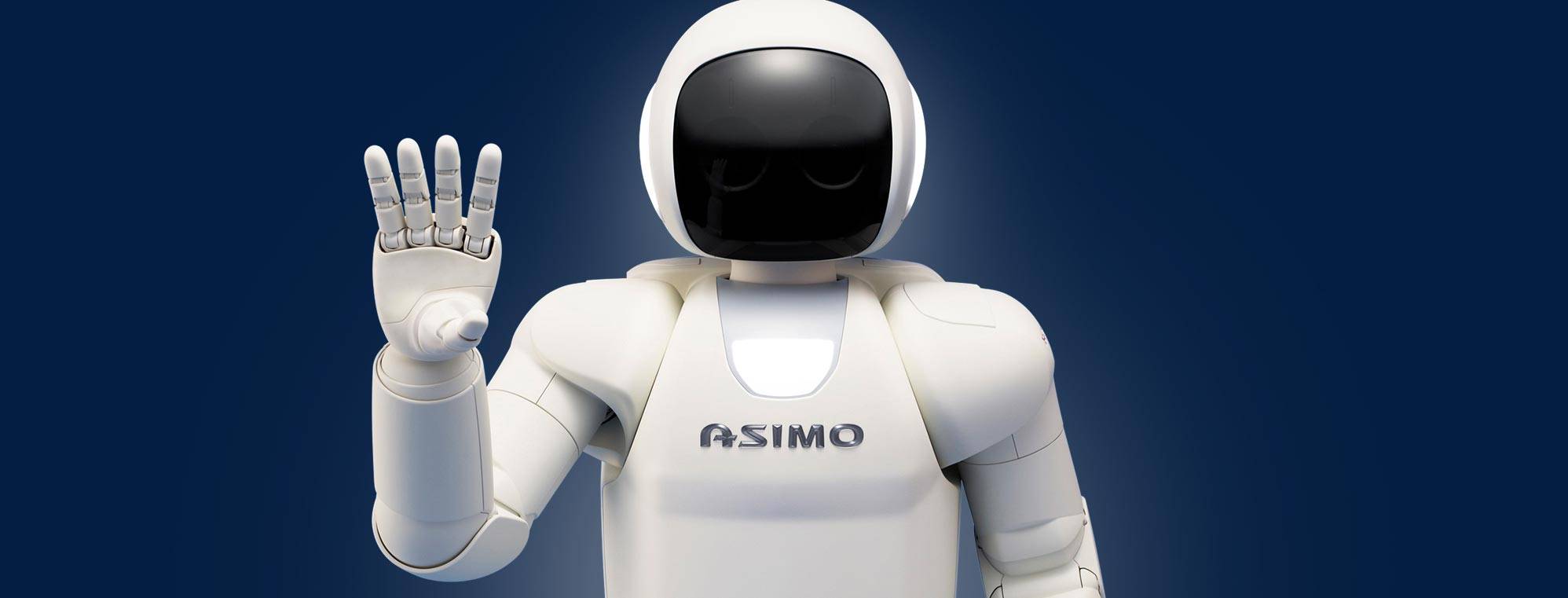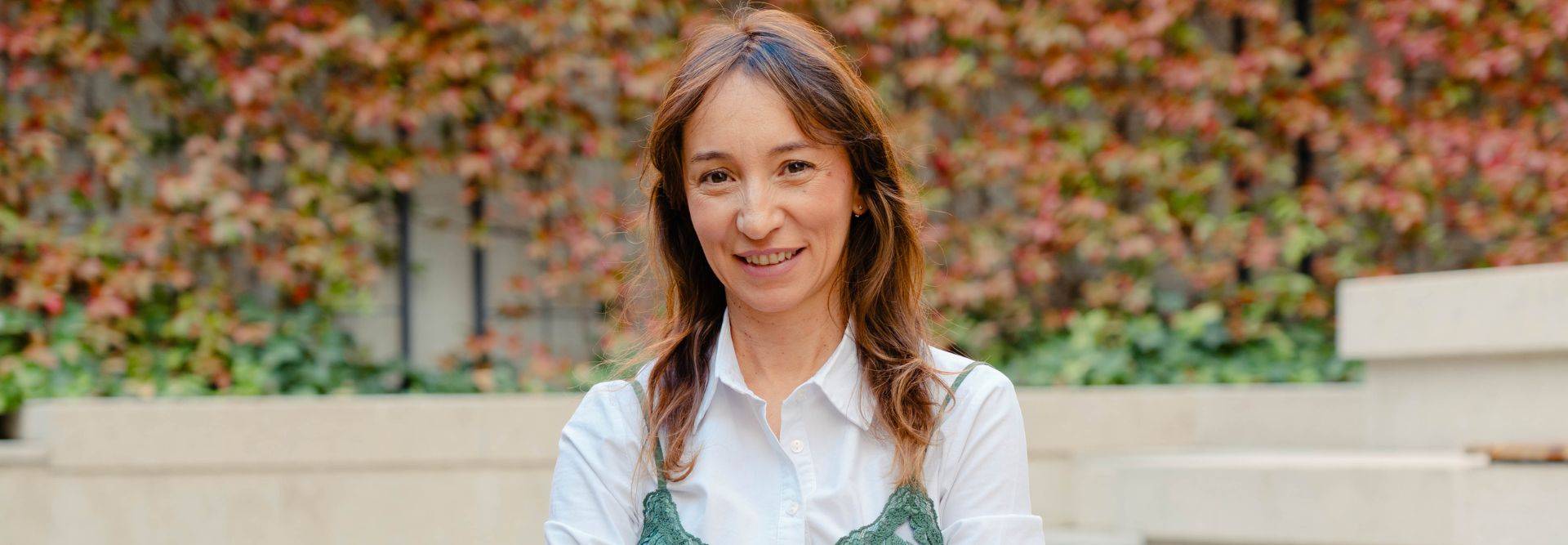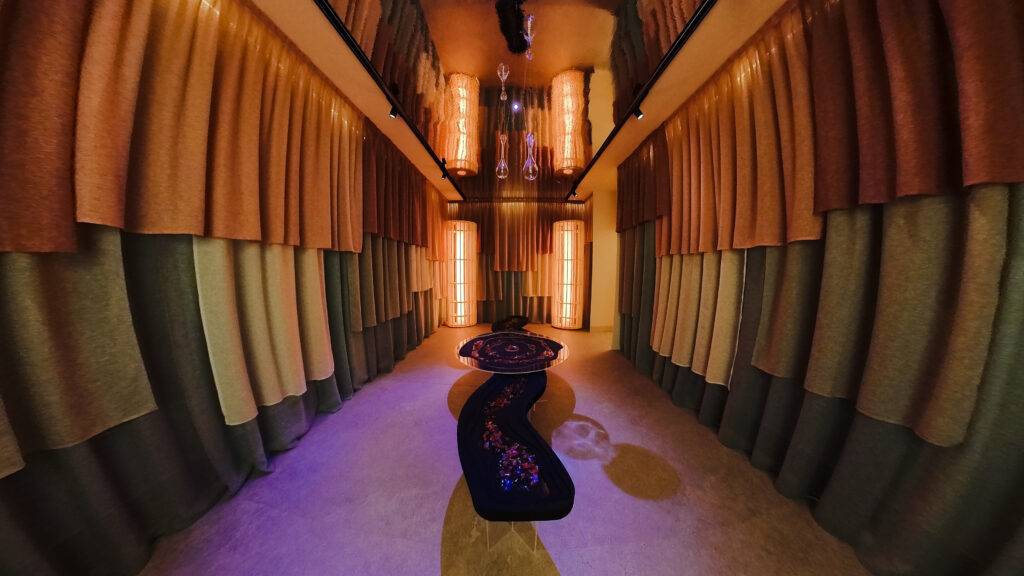David Alonso: "AI is a structural transformation that affects how we understand the world".
A conversation about artificial intelligence, ethics and the technological future with the director of the Department of Video Games, Animation and Technology at UDIT.
As Director of the Department of Video Games, Animation and Technology at UDIT, David Alonso Urbano has a broad perspective on the current state of some of the most innovative technologies of the moment, such as artificial intelligence, the development of virtual worlds or the creation of digital twins.
In this context, he highlights theMaster in Artificial Intelligence of UDIT, a training designed to train professionals capable of developing solutions based on machine learning, data analysis and advanced algorithms. A master's degree that of course focuses on generative artificial intelligence, but also on other key areas such as computer vision or natural language processing (NLP), thus covering a comprehensive approach to AI.
In this interview David shares his views on the current state of artificial intelligence, how it is already changing the world and how UDIT trains new generations of professionals to not only master these tools, but also develop a critical and responsible approach to their use.
David, your career combines engineering, image and design. When did you discover that your vocation lay at the crossroads between technology, creativity and education?
I've always been fascinated by how technology can be a tool to tell stories, solve problems, or open up new forms of expression. I studied computer engineering, but I soon realised that what interested me most was how that technical base could be used for creative, communicative, educational purposes... and it was in these areas that I continued my academic training.
Thanks to this training, I have had the opportunity at a professional level to work on projects where complex data or systems had to be translated into usable and accessible experiences. And that's the path I'm on now, a hybridisation between the technical, the creative and the pedagogical .
You have participated in the creation of several university degrees at UDIT, and now you are also promoting the Degree in Data Science and Artificial Intelligence. From your experience, what makes this degree so necessary today? Because we are experiencing a paradigm shift.
AI is not a fad, it is a structural transformation that affects how we work, how we make decisions and how we understand the world. And to take advantage of its potential (and also avoid its risks), we need trained professionals, not only with a solid technical background, but also with criteria, ethical sensitivity and the ability to think in complex systems .
This degree responds to this need: to train people who not only know how to programme models, but also understand their impact and know how to apply them responsibly.
More and more sectors (education, health, entertainment, etc.) are integrating AI into their processes. But what do you think will be the field where we will see the most profound disruption in the coming years? What will this "Internet moment" for Artificial Intelligence be like ?
I think healthcare will experience a particularly profound disruption. Not only in diagnostics, where we are already seeing advances, but also in the personalisation of treatments, preventive medicine and even mental health .
The "Internet moment" will come when we stop seeing AI as something separate and start integrating it naturally, almost invisibly, into our everyday decisions. As with the internet or the smartphone: suddenly we will no longer know what life was like before.
We have all enjoyed the images generated by models such as ChatGPT, but... What should we consider before handing over our private data to an AI?
The B-side is that, in many cases, we have no real control over what we give away. When we interact with AI systems, whether by generating images, text or simply clicking on recommendations, we are training those models.
We often don't know what happens to our data, or how it is used. The key is transparency, regulation... and that as users we also take a critical share of responsibility. What is fun and creative should also be conscious.
How does UDIT approach AI training so that it does not remain exclusively technical, but also includes aspects such as ethics, privacy and social impact?
This is something we take very seriously. From the beginning of the degree, there are not only subjects dedicated to ethics or legislation, but these topics are integrated in projects, in debates, in daily practice. We want to train people who not only know how to do things, but who ask themselves why they do them and what the consequences might be .
We do this with a very transversal vision: mixing profiles, encouraging collaboration between disciplines, and understanding AI as part of a broader system.
What other technologies are currently attracting your attention, and which do you think will lead the way in the coming years, apart from AI ?
I am very interested in everything related to quantum computing. It is still at a very early stage, but its potential to completely change information processing is enormous .
I also find the development of brain-computer interfaces fascinating, especially when combined with AI and neuroscience. But beyond the "cutting edge", I think the key is how we combine existing technologies: AI, sensors, robotics, biotech...That's where we'll see really transformative breakthroughs.
If you could travel back in time and give a piece of advice to your student self starting out in technology, what would you say ?
I would say: "Don't be afraid to change direction. Technology is a means, not an end. Sometimes the most interesting paths are the ones you didn't have on the map at the beginning". I would encourage you to mix it up more, to make mistakes without fear, to ask more questions and to surround yourself with people who think differently. Because that's where you really learn.

